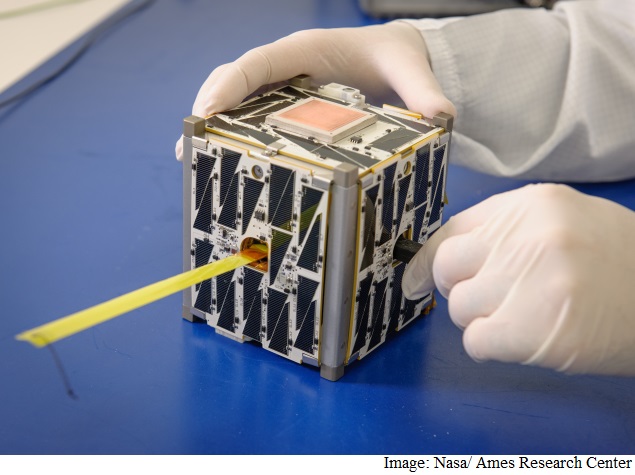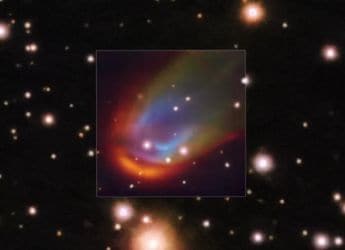- Home
- Science
- Science News
- Nasa Selects 14 CubeSat Nano Satellites for Future Missions
Nasa Selects 14 CubeSat Nano-Satellites for Future Missions

Called CubeSats, these cube-shaped nano-satellites are small but pack an outsized research punch.
They will enable unique technology demonstrations, education research and science missions and will study topics ranging from how the solar system formed to the demonstration of a new radiation-tolerant computer system, the US space agency said in a statement.
The 14 CubeSats selected are from 12 US states and will fly as auxiliary payloads aboard rockets planned to launch in 2016, 2017 and 2018.
They come from universities across the country, non-profit organisations and Nasa field centres.
As part of the White House Maker Initiative, Nasa is seeking to leverage the growing community of space-enthusiasts to create a nation that contributes to Nasa's space exploration goals.
The aim is to launch 50 small satellites from all 50 US states in the next five years.
Catch the latest from the Consumer Electronics Show on Gadgets 360, at our CES 2026 hub.
Related Stories
- Samsung Galaxy Unpacked 2025
- ChatGPT
- Redmi Note 14 Pro+
- iPhone 16
- Apple Vision Pro
- Oneplus 12
- OnePlus Nord CE 3 Lite 5G
- iPhone 13
- Xiaomi 14 Pro
- Oppo Find N3
- Tecno Spark Go (2023)
- Realme V30
- Best Phones Under 25000
- Samsung Galaxy S24 Series
- Cryptocurrency
- iQoo 12
- Samsung Galaxy S24 Ultra
- Giottus
- Samsung Galaxy Z Flip 5
- Apple 'Scary Fast'
- Housefull 5
- GoPro Hero 12 Black Review
- Invincible Season 2
- JioGlass
- HD Ready TV
- Laptop Under 50000
- Smartwatch Under 10000
- Latest Mobile Phones
- Compare Phones
- Tecno Spark Go 3
- iQOO Z11 Turbo
- OPPO A6c
- Samsung Galaxy A07 5G
- Vivo Y500i
- OnePlus Turbo 6V
- OnePlus Turbo 6
- Itel Zeno 20 Max
- Lenovo Yoga Slim 7x (2025)
- Lenovo Yoga Slim 7a
- Lenovo Idea Tab Plus
- Realme Pad 3
- Garmin Quatix 8 Pro
- NoiseFit Pro 6R
- Haier H5E Series
- Acerpure Nitro Z Series 100-inch QLED TV
- Asus ROG Ally
- Nintendo Switch Lite
- Haier 1.6 Ton 5 Star Inverter Split AC (HSU19G-MZAID5BN-INV)
- Haier 1.6 Ton 5 Star Inverter Split AC (HSU19G-MZAIM5BN-INV)

















